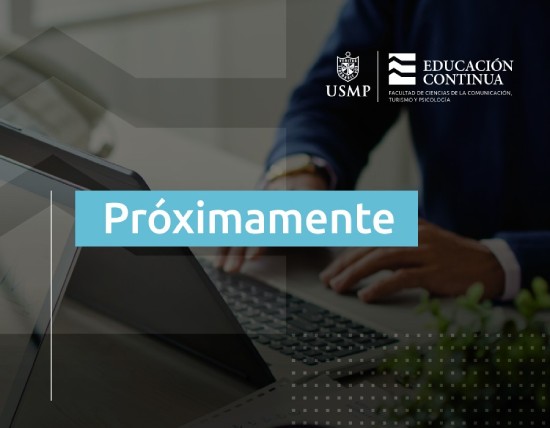In drugs, new technology happen to be bringing about a revolution nicknamed 4P – predictive, preventative, tailored and participatory. From manufactured intelligence (AI) to 3D creating and even ingestible sensors, these types of advances give patients better health effects and allow doctors to be more proactive within their treatment.
One of the biggest changes is caused by big info and the breakthrough of AI-based analytics and models that can be used by medical professionals to keep an eye on trends and predict the onset of disorders like cancer, COVID-19 or heart disease. A Toronto-based unnatural intelligence provider, for example , used its predictive tools to notify its consumers – including various government authorities, hospitals and businesses – to an uncommon bump in pneumonia circumstances in Wuhan, China, that has been later verified due diligence virtual data room business to be the COVID-19 outbreak.
Other technology is aimed towards improving affected individual comfort and reducing stress amounts. Virtual reality and augmented truth are utilized to distract nervous clients during surgical procedure, or to support train medical students without putting realistic patients in danger. And remote control monitoring is becoming more common, as a result of devices that could track stress and o2 saturation amounts or send alerts if the numbers are slipping.
These types of advancements are generally not just helping to improve sufferer care, they are also lowering costs. The adoption of IT in health-related has lowered the need for paper documents charts and enables more accurate data safe-keeping and collection. It has as well lowered the chance of medication mistakes and much better communication among healthcare experts and patients.
